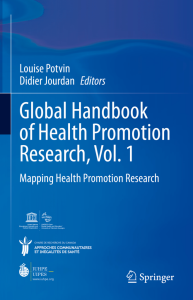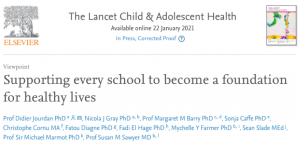On 2 November 2020, 13.15 – 14.45 JST, 5.15 – 6.45 CET, the Osaka University UNESCO Chair Global Health and Education and the Japanese Consortium for Global Health Research will organise the symposium “School Health as we confront COVID-19 in Asia. What have we learned and where do we go from here?” The symposium will be held in English and is part of the Joint Congress on Global Health 2020 in Osaka.
Speakers from seven Asian countries (Cambodia, China, Japan, Korea, Lao PDR, Nepal and Philippines) will present on the COVID-19 situation in their countries and the measures that have been taken in and affecting schools.
Chairs are, Beverley Anne Yamamoto, Osaka University, chair holder UNESCO Chair Global Health & Education and Jun Kobayashi, University of the Ryukyus, JC-GSHR.
ZOOM Webinar URL:
https://zoom.us/j/98411449783?pwd=enlUQXhPSU8rRWJubmFOK1hFa29TQT09
Webinar ID: 984 1144 9783Password: 789328
Please see the flyer for details of the program.

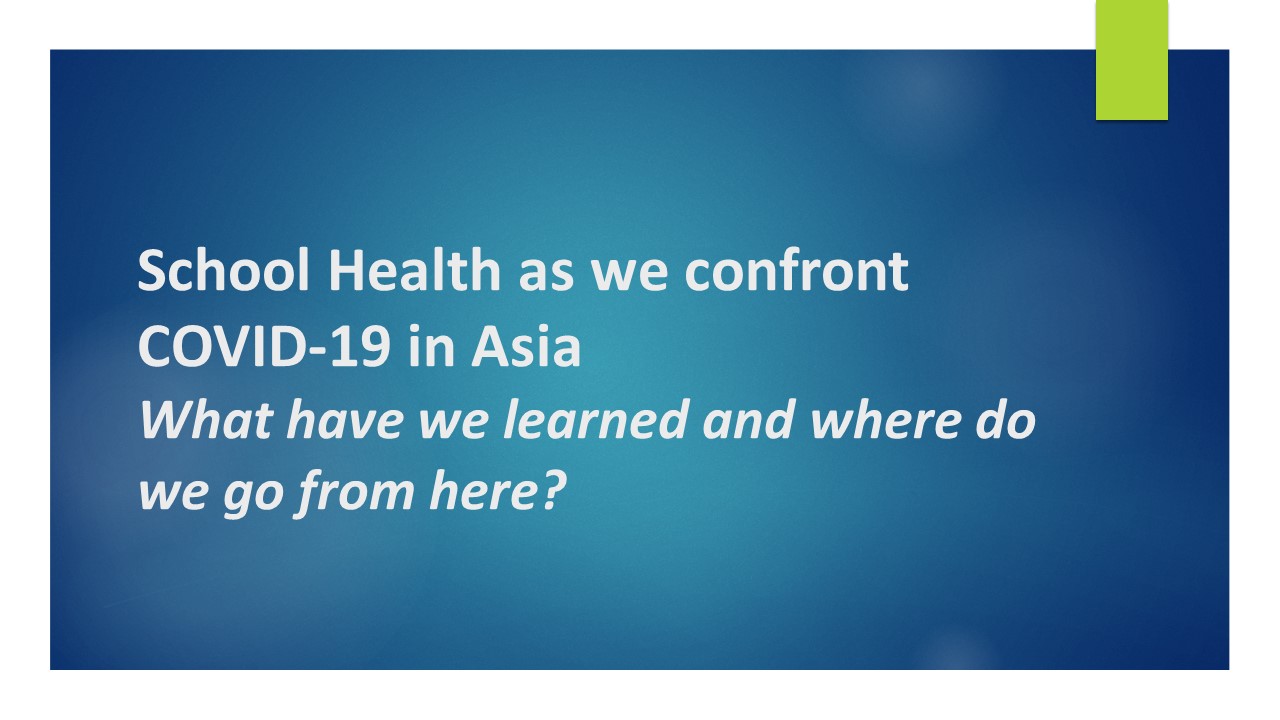
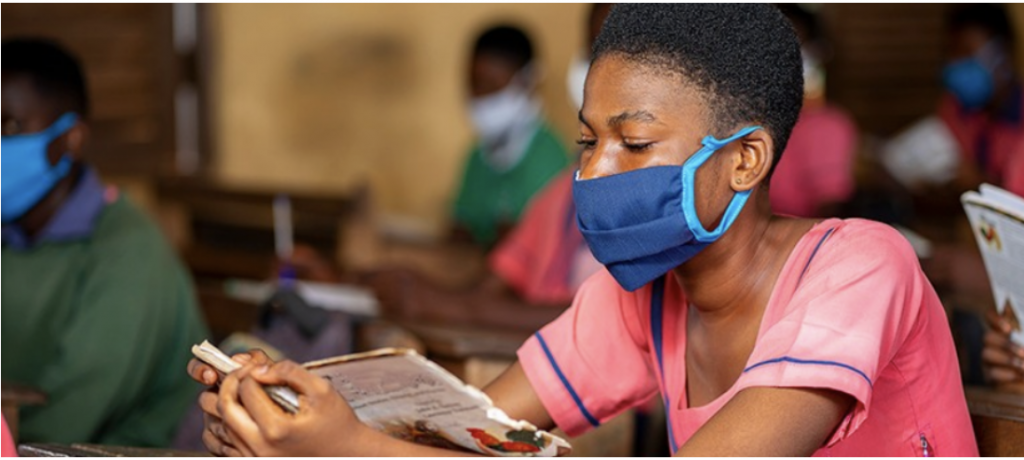


 Join the online pre-conference “Helping people to help themselves to better health – From theory to practice” on Monday 12 October 2020, 14.00 – 16.00 CET. This pre-conference is part of the virtual 16th World Congress on Public Health.
Join the online pre-conference “Helping people to help themselves to better health – From theory to practice” on Monday 12 October 2020, 14.00 – 16.00 CET. This pre-conference is part of the virtual 16th World Congress on Public Health.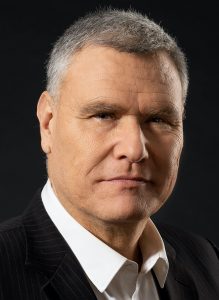 About Didier Jourdan
About Didier Jourdan